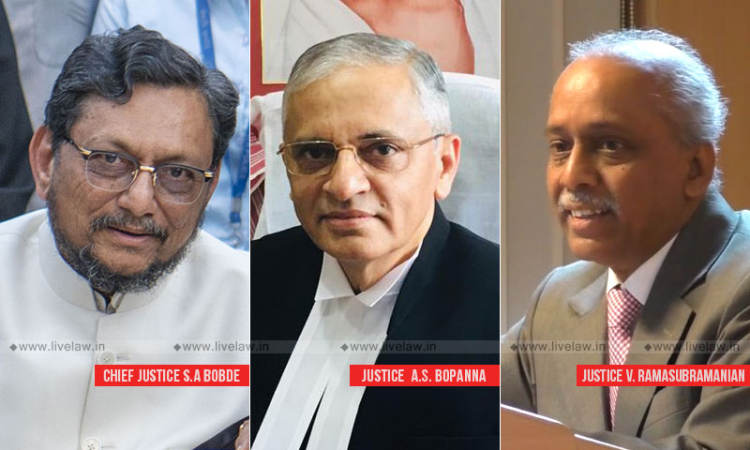Universities Can Stipulate Enhanced Norms And Standards For Granting Affiliation Than Those Prescribed By AICTE: Supreme Court
LIVELAW NEWS NETWORK
10 Dec 2020 7:20 PM IST

"The power of the universities to prescribe enhanced norms and standards, cannot be doubted."
Next Story


